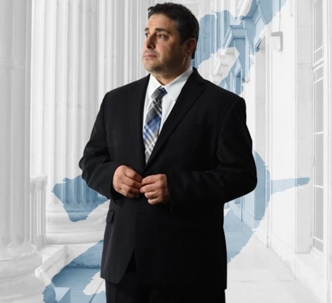Surprise medical bills are unexpected bills for medical services rendered but from a facility that is out-of-network. In most cases, the patient had no knowledge that that the healthcare facility was out-of-network until they receive the bill. So, what are your rights if you receive a surprise medical bill? Keep reading to find out.
Insurance Networks
In the absence of nationalized healthcare insurance, the healthcare system operates under insurance networks. There are insurance companies that offer competitive plans for patients which also charge physicians differently. Medical practices can choose which insurance company policies they accept and not all practices accept all insurance plans.
Practices that accept the same insurance are in the company’s network. For example, if a practice accepts Aetna, they are in Aetna’s insurance network. In-network practitioners perform services covered by the insurance company.
However, if a patient receives treatment from an out-of-network practitioner, they could be forced to pay out of pocket.
Medical Bill Laws
The No Surprises Act protects patients covered by insurance from surprise billing. Under the No Surprise Act:
- Surprise bills for emergency services, regardless of network, are banned
- Out-of-network cost sharing for emergency healthcare services cannot cost more than in network services
- Out-of-network charges including balance bills for services rendered as part of a patient’s treatment under an in-network practitioner are banned
- Health care r\providers are required to give patients notice if billing errors occur or if the practice is out-of-network
No Insurance
If a patient does not have insurance, the No Surprises Act requires practices to give a good faith estimate of care costs before billing. In other words, if a patient is seeking non-emergency services without insurance coverage, the practitioner should provide a reasonable estimate of the cost based on the average charges.
If the practice charges more than the good faith estimate, patients can file a claim. In general, if the bill is $400 over the good faith estimate, the patient has grounds for a claim.
Statute of Limitations
The 2021 New York Executive Budget reduced the Statute of Limitations on medical bills from six to three years meaning any action on a medical bill over three years after the initial service is not eligible for collection. In other words, it is illegal for a practice to send a bill that is too old to the patient.
Protect Your Rights
Surprise medical bills can be frustrating, but according to the No Surprises Act and the NY Statute of Limitations you have rights against unethical billing practices. The Law Office of Gregory A. Goodman, P.C. can advocate for your rights as a patient and protect your interests from predatory billing.
Contact our firm to find out how we can help you.

